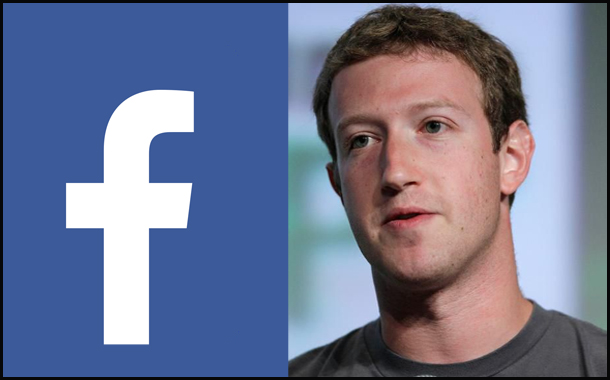Mark Zuckerberg has finally broken his silence to address the Cambridge Analytica situation, offering an update on the steps that Facebook has already taken and will take. This followed news of UK-based data analytics firm Cambridge Analytica allegedly gaining access to private information of 50 million Facebook user profiles without permission, resulting in a US$60 billion loss in market value for Facebook.
In a Facebook post, Zuckerberg said it will investigate all apps that had access to huge amounts of information, before it dramatically reduced data access in 2014 to prevent abusive apps. It will not only conduct a full audit of apps with suspicious activity, but also ban developers who do not agree to a thorough audit from Facebook. Developers who have misused personally identifiable information will also be banned, and Facebook will inform users affected by those apps.
Zuckerberg added that Facebook will further restrict developers’ data access to combat other kinds of abuse, such as removing developers’ access to data if users have not engaged with the app in three months. Additionally, users will now only have to provide their name, profile photo and email address to an app when using their Facebook account to sign in. Developers are required to obtain approval and sign a contract before asking users for access to their posts or other private data. Zuckerberg added that more changes will be shared in the next few days.
In the next month, Facebook users will be able to view a tool at the top of their News Feed with the apps that they have used, and offer an easy way to revoke the apps’ permissions to access their data. While this tool is currently available in the privacy settings, Facebook now wants to ensure everyone sees it by putting it at the top of the News Feed.
“I started Facebook, and at the end of the day I’m responsible for what happens on our platform. I’m serious about doing what it takes to protect our community,” Zuckerberg said. He said that Facebook will learn From this experience to further secure its platform and ensure a safer community moving forward. Zuckerberg added.
I know it takes longer to fix all these issues than we’d like, but I promise you we’ll work through this and build a better service over the long term.
This is not the first time Zuckerberg has vowed to change and fix the platform. Earlier this year, he promised to “fix” Facebook, pointing out the abuse and hate on the platform, along with foreign attempts to spread misinformation. One of the issues he intended to tackle was the debate about centralisation and decentralisation.
“Technology had the promise of putting more power into people’s hands but many people had now lost faith in that promise and thought technology actually centralised power,” he said.
















